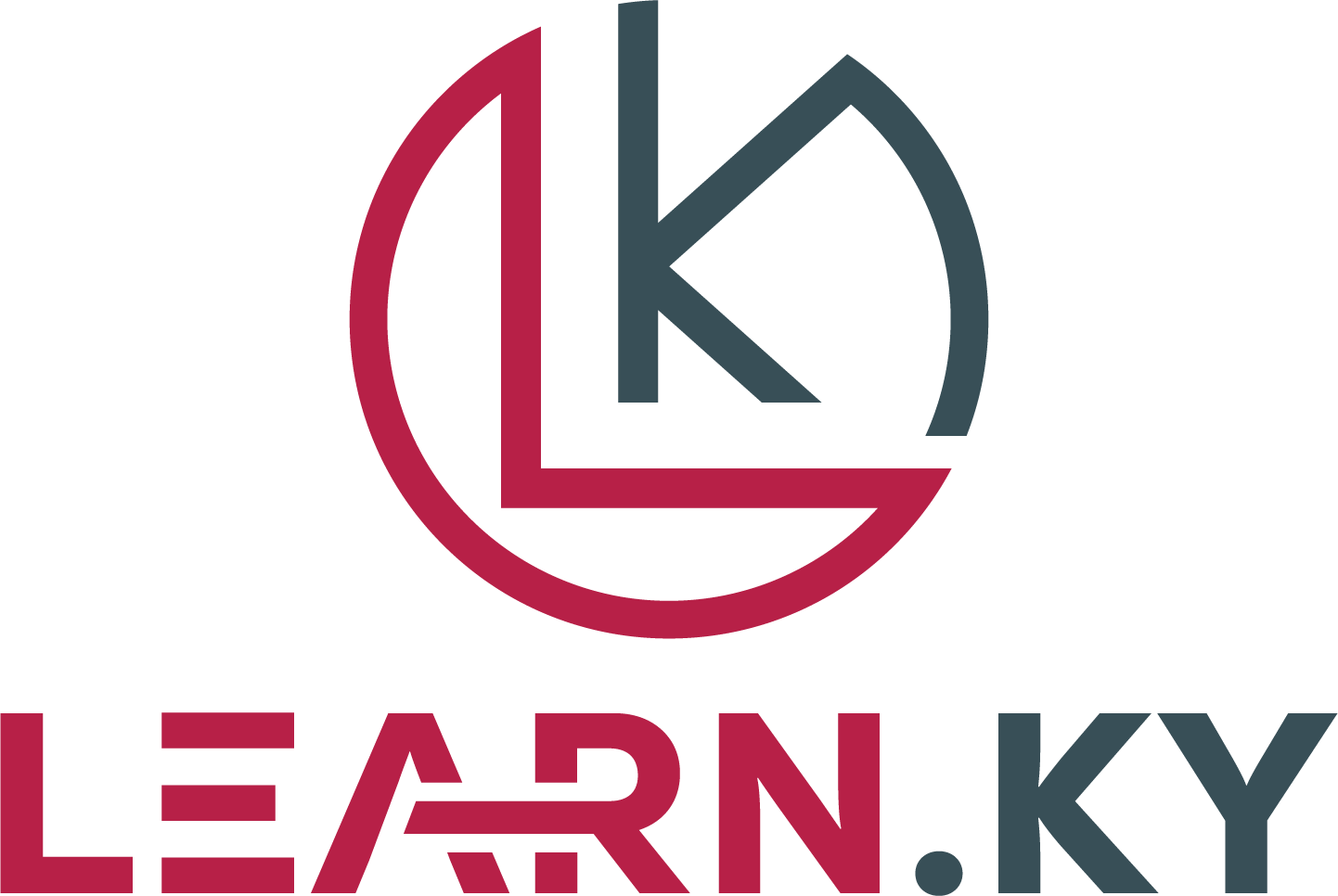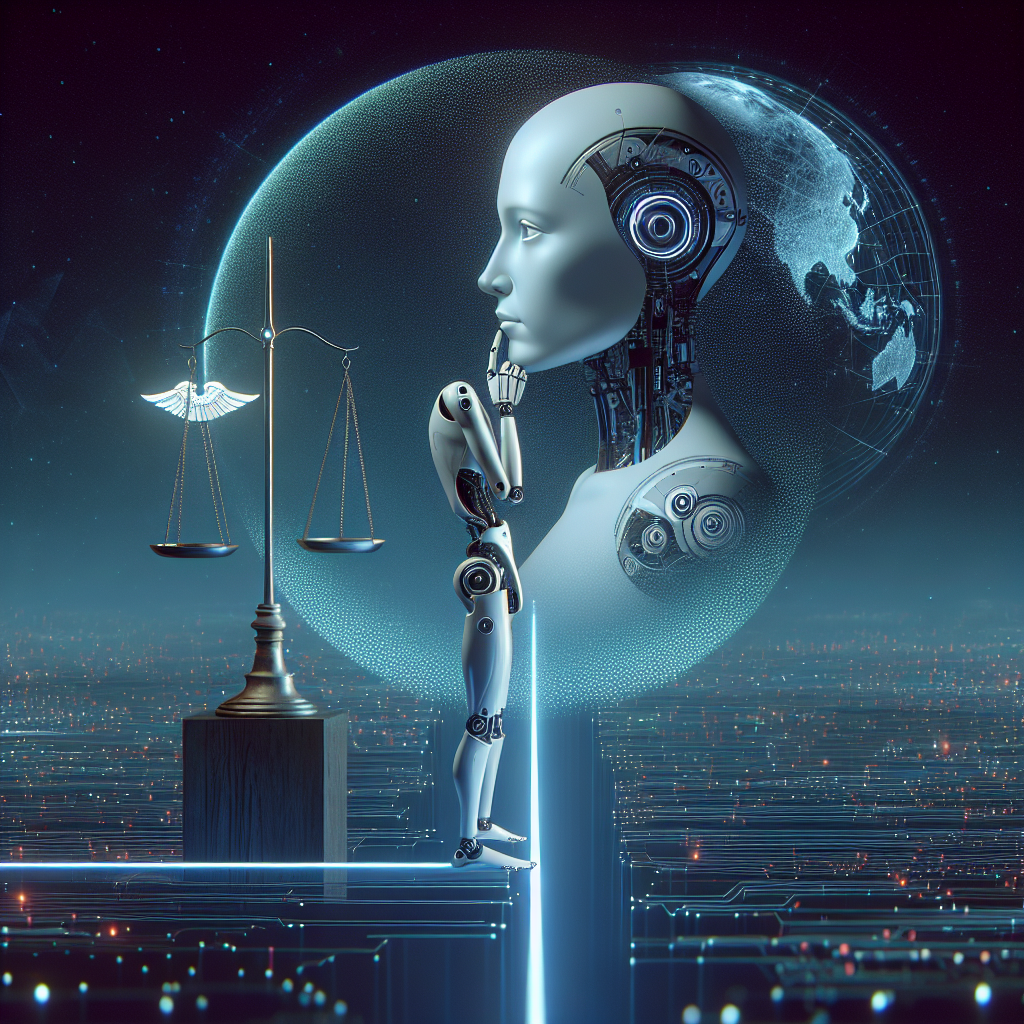In recent years, the rapid advancement of artificial intelligence (AI) has led to an increasing concern about the ethical implications of its use. As AI continues to integrate into various aspects of our lives, from healthcare to finance, and from education to entertainment, it becomes imperative to explore the ethical frontier of AI and consider the future possibilities of AI ethics.
As we delve into this complex and multi-faceted topic, it is essential to understand the potential impact of AI on society and the ethical dilemmas it presents. While AI has the potential to revolutionize industries and improve efficiency, there are also concerns about privacy, bias, and the impact on jobs and socio-economic inequality. Additionally, the use of AI in autonomous systems, such as self-driving cars, raises questions about accountability and decision-making in critical situations.
At the heart of the debate lies the question of how we can ensure that AI is developed and deployed in an ethical and responsible manner. This requires a deep understanding of the principles that should guide the development and use of AI, as well as the implementation of regulations and standards to safeguard against potential abuse.
One of the key challenges in AI ethics is the issue of bias. AI systems are trained on vast amounts of data, and if this data is biased, the AI system can perpetuate and even exacerbate existing inequalities and prejudices. For example, facial recognition technology has been shown to have higher error rates for individuals with darker skin tones, leading to concerns about racial bias. Addressing these biases requires a concerted effort to ensure that the data used to train AI systems is diverse and representative of all groups in society.
Another area of concern is the impact of AI on employment. While AI has the potential to automate repetitive tasks and free up human workers to focus on more creative and strategic roles, there are fears that widespread AI adoption could lead to job displacement and exacerbate income inequality. It is crucial to consider how AI can be harnessed to create new opportunities and support workers through reskilling and upskilling programs.
Moreover, the use of AI in fields such as healthcare and criminal justice raises important ethical questions. For instance, AI-powered diagnostic tools have the potential to improve patient outcomes, but there are concerns about patient privacy and the accuracy of AI-generated diagnoses. Similarly, the use of AI in predictive policing could lead to discriminatory outcomes and infringe upon individuals’ rights.
To address these challenges and chart a course for the ethical development of AI, it is essential to engage in interdisciplinary dialogue and collaboration. This includes bringing together experts from fields such as computer science, ethics, law, sociology, and philosophy to develop comprehensive frameworks for AI ethics. Additionally, policymakers and industry stakeholders must work together to establish clear guidelines and regulations that ensure the responsible use of AI and protect against potential harms.
It is also crucial to involve the public in these discussions and to increase awareness about the ethical implications of AI. By fostering a culture of transparency and accountability, we can empower individuals to contribute to the ethical development and deployment of AI.
In conclusion, the ethical frontier of AI presents a complex and multifaceted challenge that requires careful consideration and proactive action. By addressing issues of bias, job displacement, privacy, and accountability, we can work towards a future where AI is developed and used in an ethical and responsible manner. Through interdisciplinary collaboration, public engagement, and the development of clear regulations, we can navigate the ethical frontier of AI and harness its potential for the benefit of society. The time to act is now, and by taking proactive steps, we can shape a future where AI serves as a force for good.










